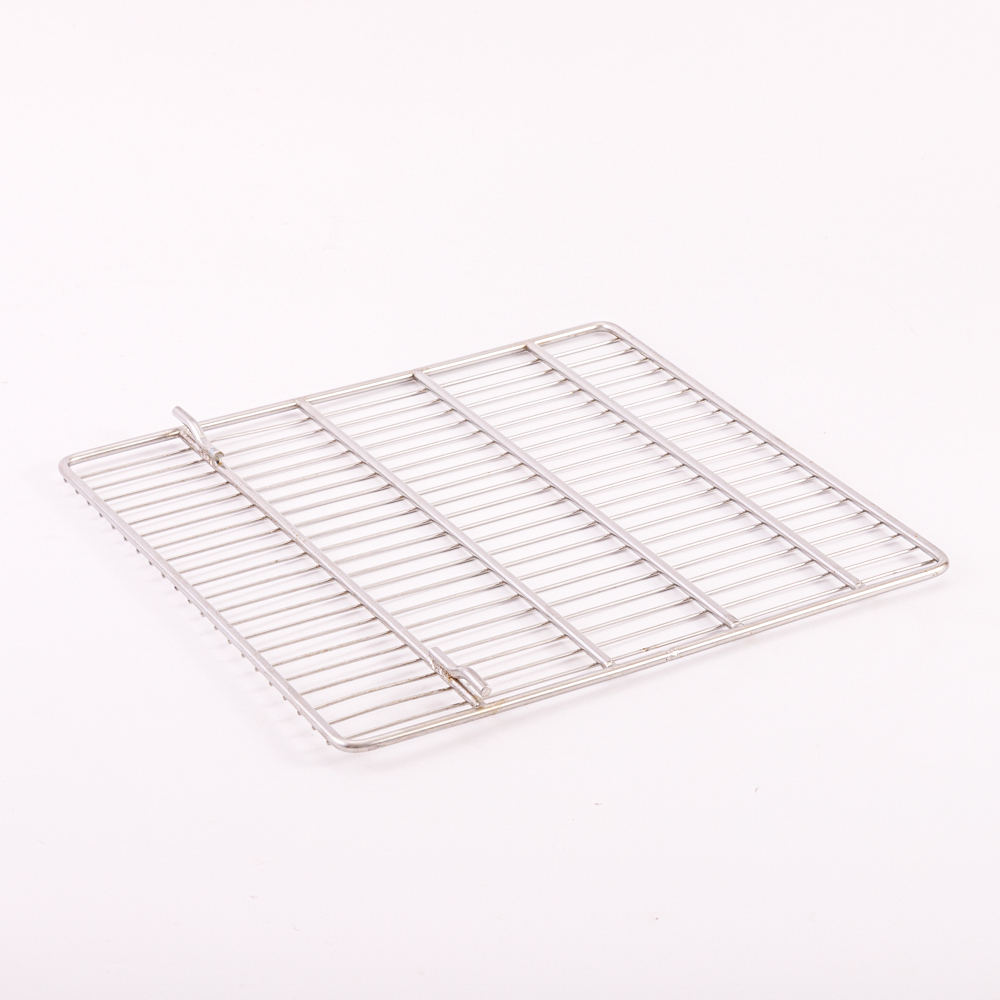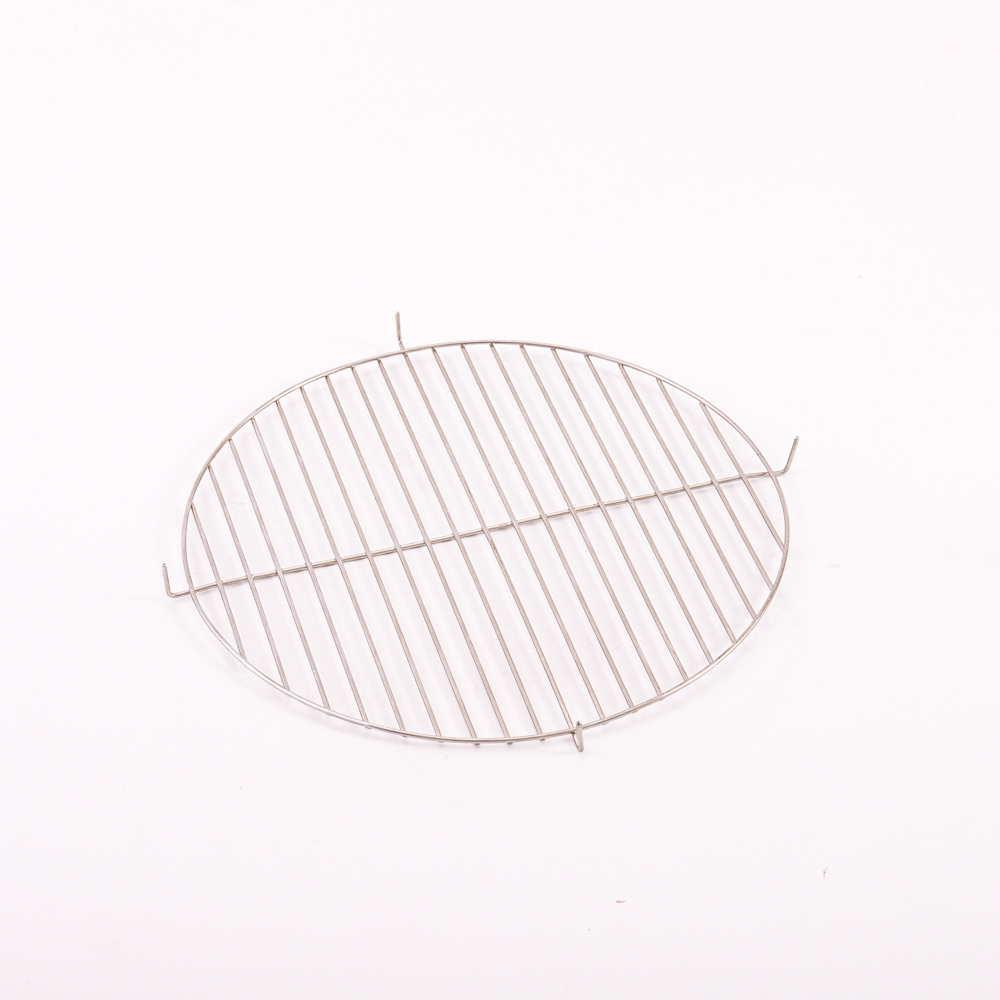Beijing, August 20 (Reporter Zhou Rui) China’s National Development and Reform Commission disclosed on the 20th that the agency has imposed a fine of 8.3196 billion yuan on the price monopoly of eight parts and components companies such as Sumitomo, Japan. The price monopoly of the four bearing enterprises was punishable by RMB 403.44 million, and the total fine was RMB 1,235.4 million. This is the highest amount of fines issued since the Chinese antitrust investigation. The National Development and Reform Commission said that it was verified that from January 2000 to February 2010, eight Japanese auto parts manufacturers, including Hitachi, Denso, Aisan, Mitsubishi Electric, Sanye, Yazaki, Furukawa and Sumitomo, were reducing competition. The most favorable price is obtained from automakers' parts orders. Frequent bilateral or multilateral talks are held in Japan, prices are negotiated with each other, and order quotation agreements are reached and implemented. The products involved in the Chinese market that have been ordered through price negotiation include 13 types of starters and alternators. These parts are used in more than 20 models of Honda, Toyota, Nissan, Suzuki, Ford and other brands. From 2000 to June 2011, four bearing manufacturers, including Fujitsu, Seiko, Jietaigut and NTN, organized an Asian research conference in Japan to organize an export market conference in Shanghai to discuss bearing growth in the Asian region and the Chinese market. Price policy, timing and range of price increases. And in accordance with this information, the price increase behavior was implemented. The National Development and Reform Commission pointed out that the above-mentioned 12 enterprises were suspected of reaching and implementing a price monopoly agreement for auto parts and bearings, violating the provisions of China's Anti-Monopoly Law, excluding and restricting market competition, and improperly affecting Chinese auto parts. And the price of the whole vehicle and bearing damages the legitimate rights and interests of downstream manufacturers and the interests of Chinese consumers. For the auto parts price monopoly case, the National Development and Reform Commission decided to impose a penalty on the first initiative to reach a monopoly agreement and provide important evidence, and to impose a penalty on the second initiative to reach a monopoly agreement. The annual sales of 4% of the fine was 1.5056 billion yuan; for the Yasaki, Furukawa and Sumitomo who only negotiated one product, the fine of 6% of the annual sales was 241.08 million yuan, 34.45 million yuan and 29,940 million yuan; Ai San, Mitsubishi Electric and Sanye, who have negotiated two or more products, imposed a fine of 8% on sales for one year, respectively, for 29.76 million yuan, 44.88 million yuan and 40.72 million yuan. In the case of the bearing price monopoly case, the National Development and Reform Commission decided to waive the penalty for the first voluntary report on the situation of the monopoly agreement and provide evidence. The second initiative to report the situation and submit all the evidence and sales data related to the Chinese market. The fine of 4% of the annual sales was 1.7492 billion yuan; NTN, which withdrew from the Asian Research Council in September 2006 but continued to participate in the China Export Market Conference, was fined 1.1916 billion yuan according to the "6%" standard; Jie Tai Ge Te, who held the export market conference in the Chinese market, imposed a fine of 0.99.36 million yuan on sales of 8% a year. The National Development and Reform Commission requested that the enterprises involved should immediately rectify the sales policies and behaviors in accordance with Chinese laws, conduct anti-monopoly training for all personnel of the company, take practical actions to eliminate the consequences of past violations, actively maintain the competition order, and benefit consumers. The National Development and Reform Commission revealed that the agency will continue to conduct in-depth investigations on other illegal tactics discovered during the investigation.
Disposable
mesh material: to pull galvanized iron wire.
Disposable
mesh edge material: tin plate (also known as tinplate).
Barbecue
grill wire mesh materials: medium carbon steel wire, 304 stainless steel.
Process:
separate flower weaving, ginning weaving, argon arc welding and so on.
Surface
treatment: galvanizing, electrolysis, polishing, etc.
Features:
high temperature resistance, no deformation, no rust, non-toxic and tasteless,
easy to use.
Uses:
mainly used in restaurants, barbecue shops, picnic, camping, military, tourism
and other activities of pasta, meat, fish barbecue, steaming, smoking, deep
baking enthusiasts favor.
1:
when the charcoal fire just lit, you should not barbecue immediately, do not
think that the fire is very hot event works, directly with open fire barbecue
food, will produce a variety of harmful substances to human body, will bake the
food black, this point we should pay attention to later.
2,Do
not eat too much meat when eating barbecue, should properly eat some
vegetables, fruits, meat is very indigestible food, if the stomach is full of
meat, it will increase the difficulty of digestion, serious will cause
permanent damage to the stomach, the next time to eat barbecue should pay
attention to it.
3:
when using barbecue grill wire mesh to bake food, do not dip too much
seasoning, seasoning too much will have a bad effect on the body, too much
seasoning also leads to food taste distortion, resulting in unable to taste the
original food, and everything tastes the same , then you can try barbecue next
time.
Rectangle Bbq Grill Wire Mesh,Wire Mesh Grill,Barbecue Grill Mesh,Bbq Grill Mesh Suzhou Haoxiang Screen Stencil Products Co.,Ltd , https://www.shaiwanghaoxiang.com


· China issued the largest anti-monopoly fine 12 Japanese companies were fined 1.235 billion yuan
